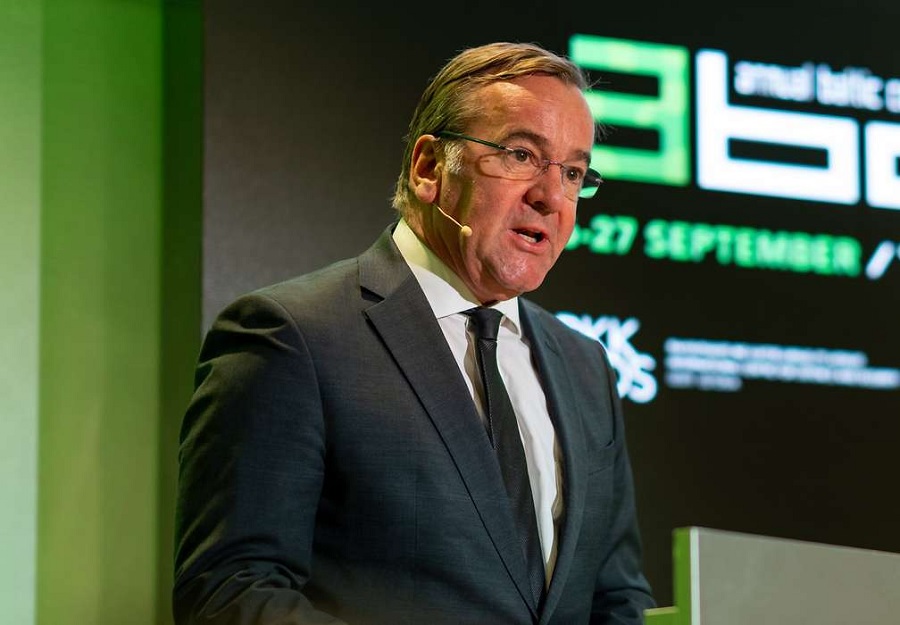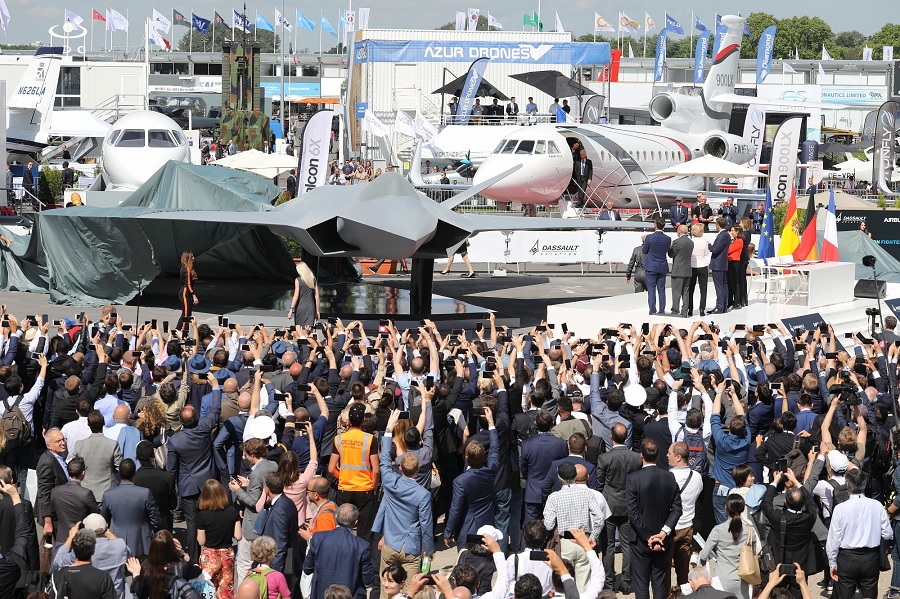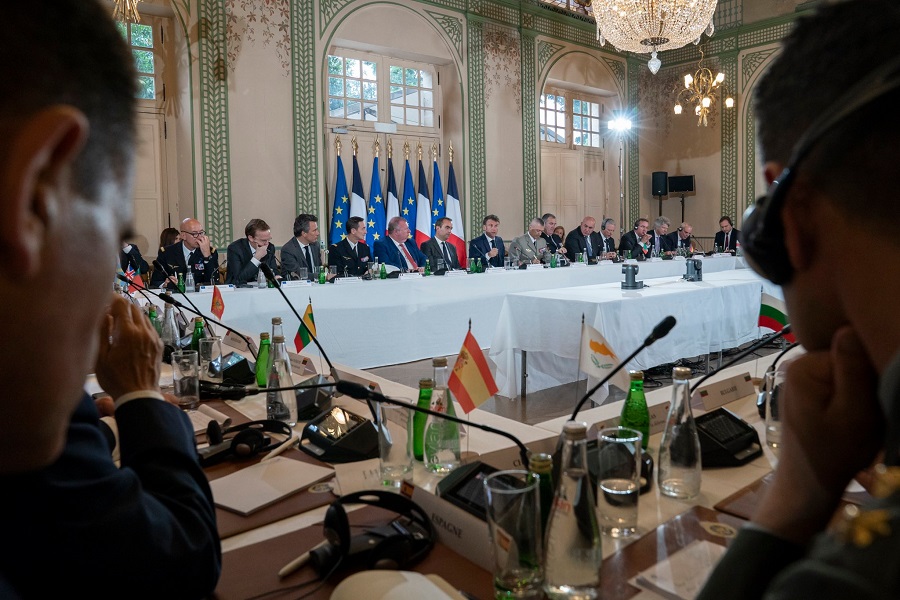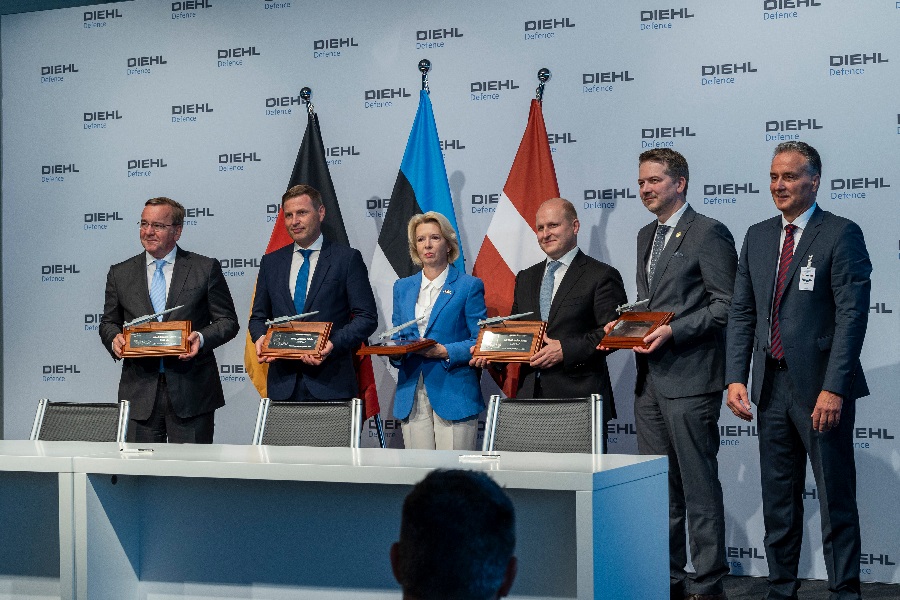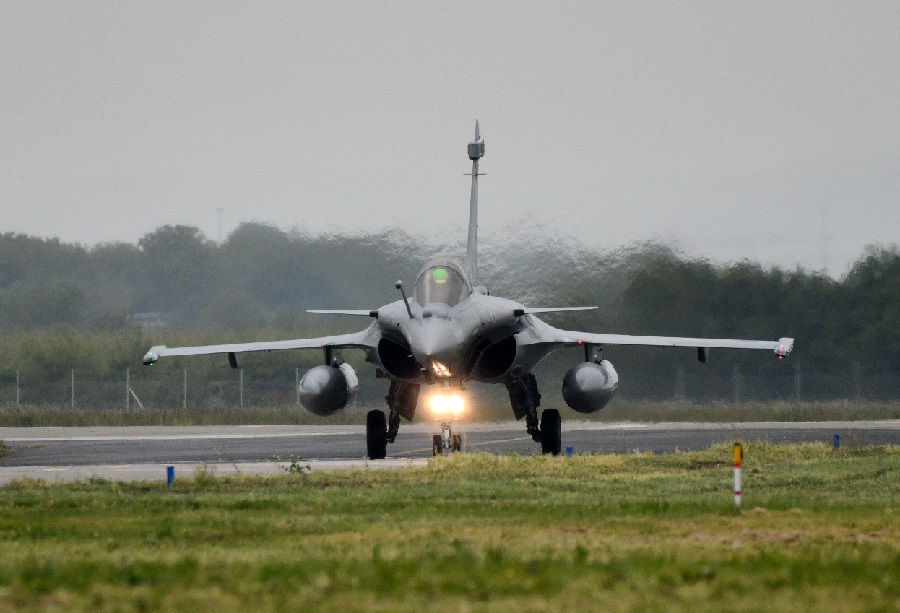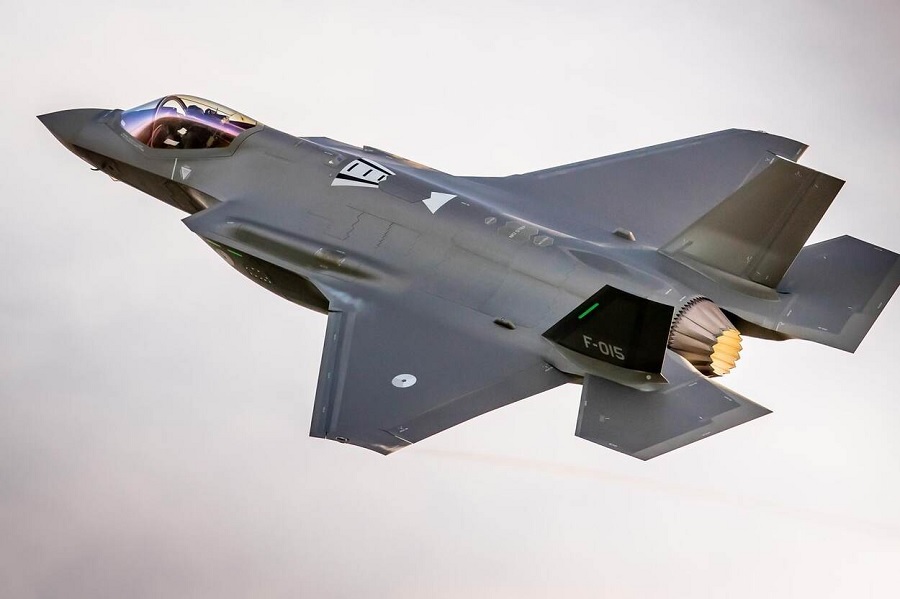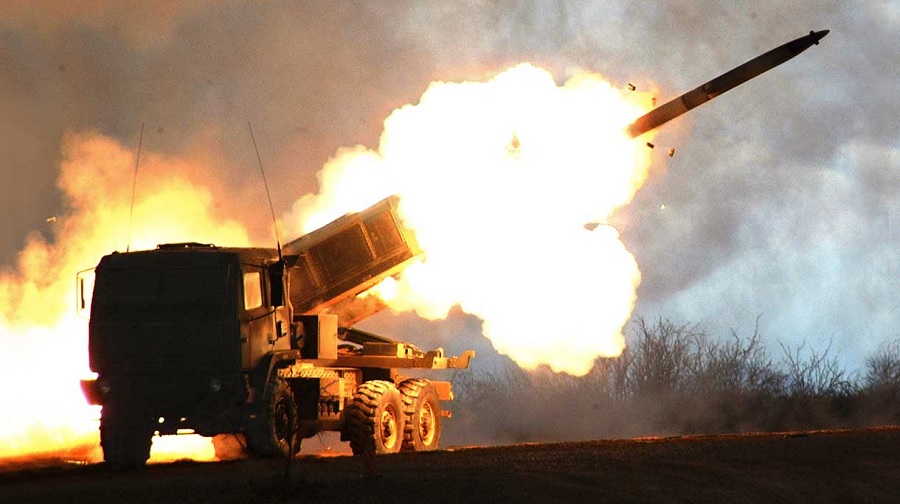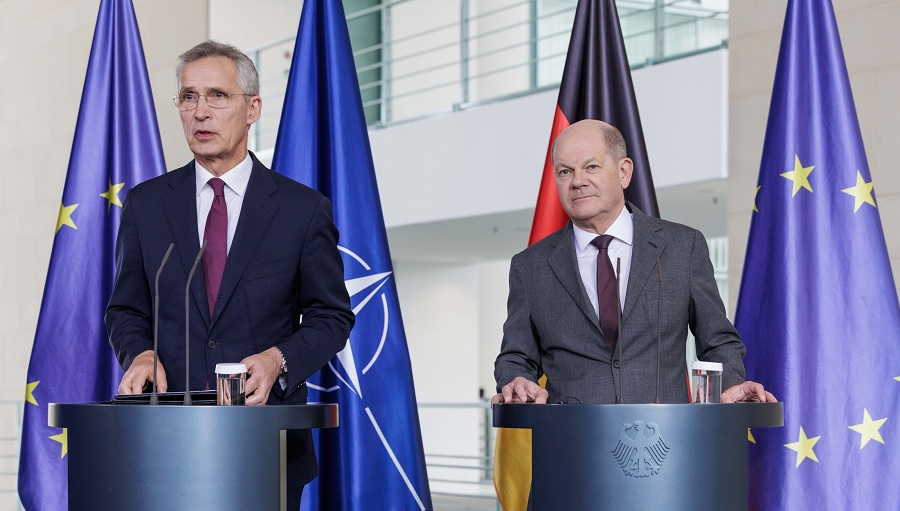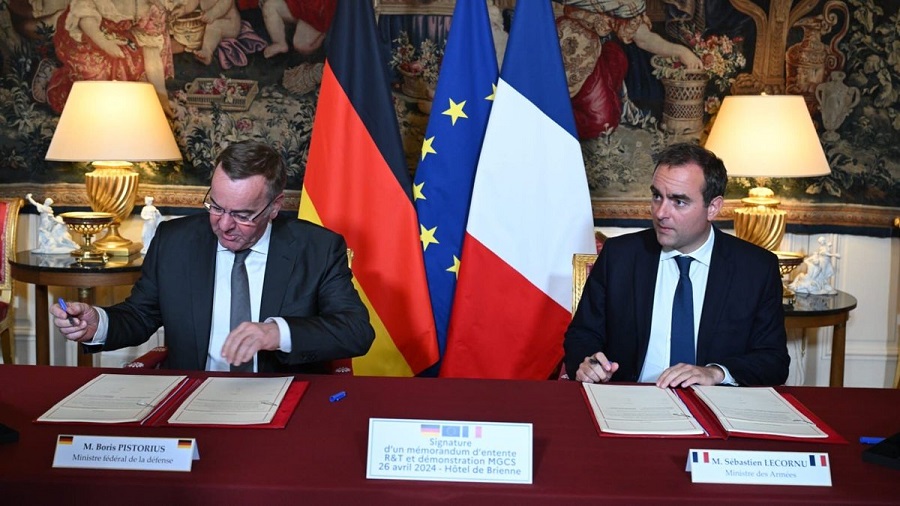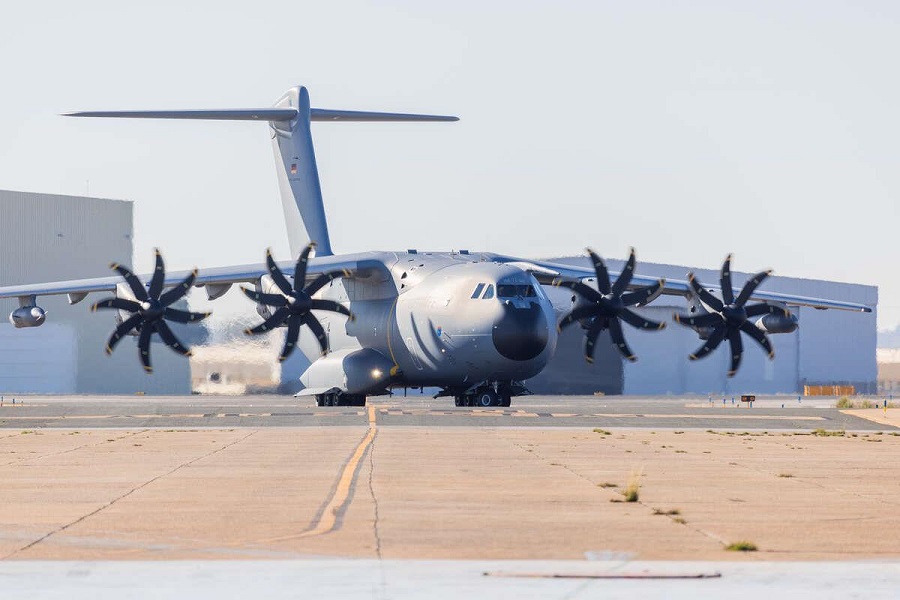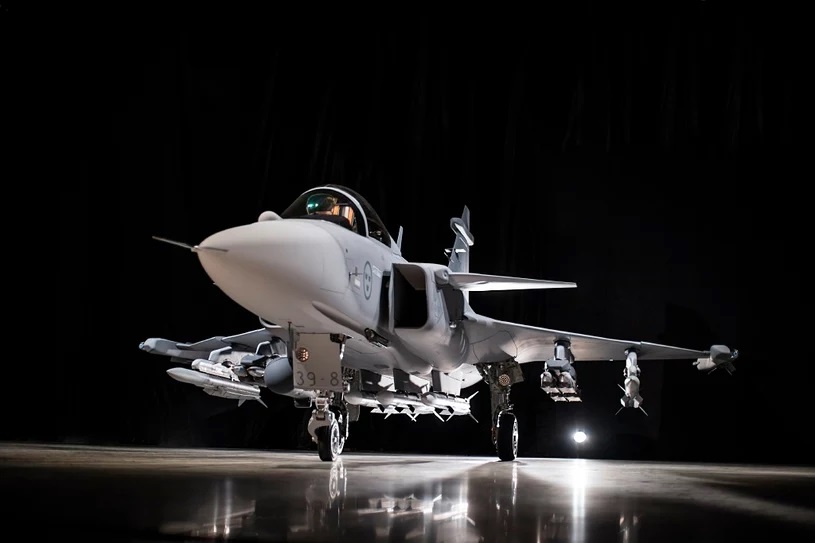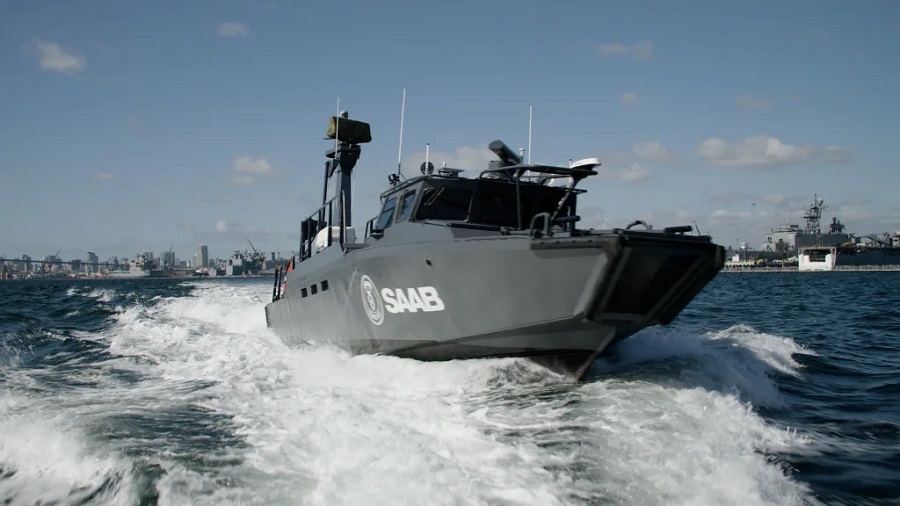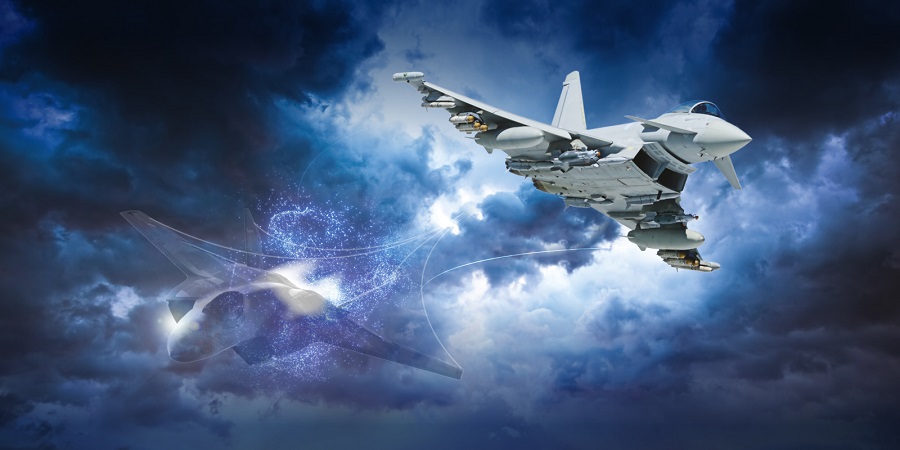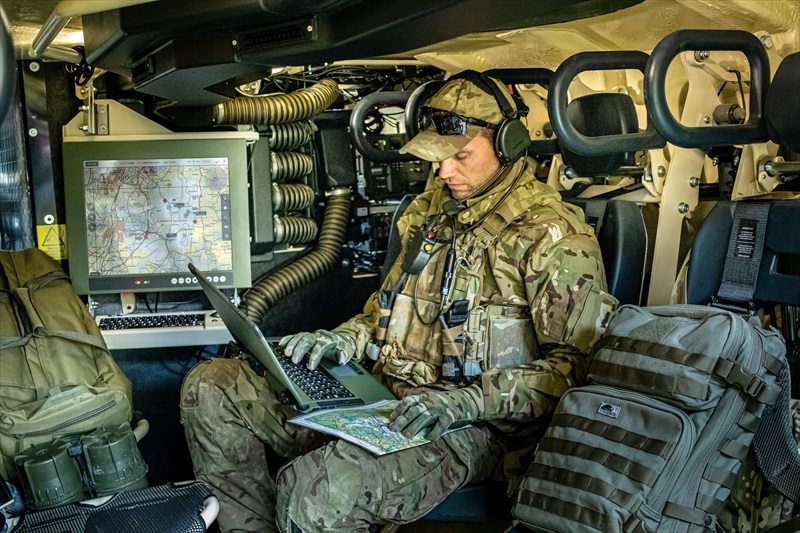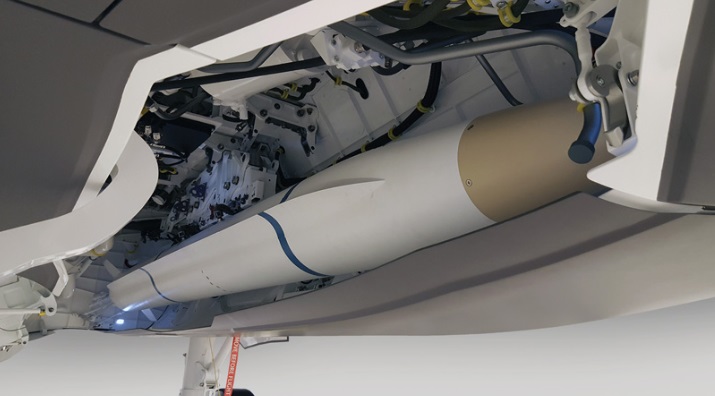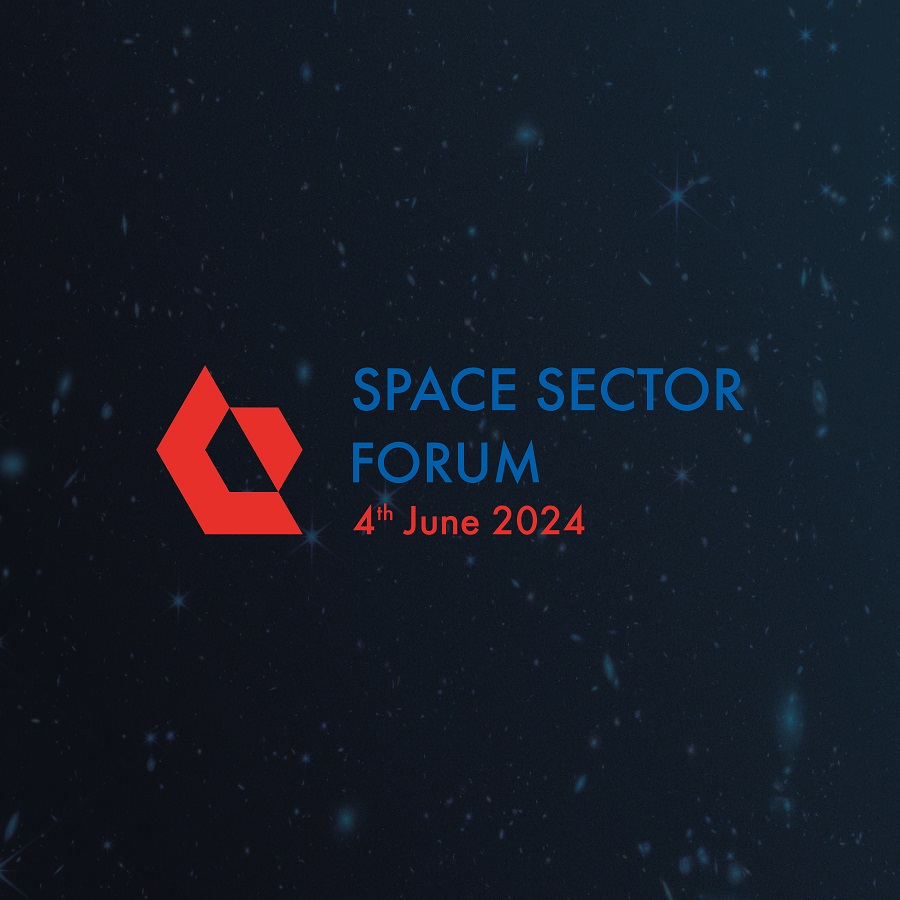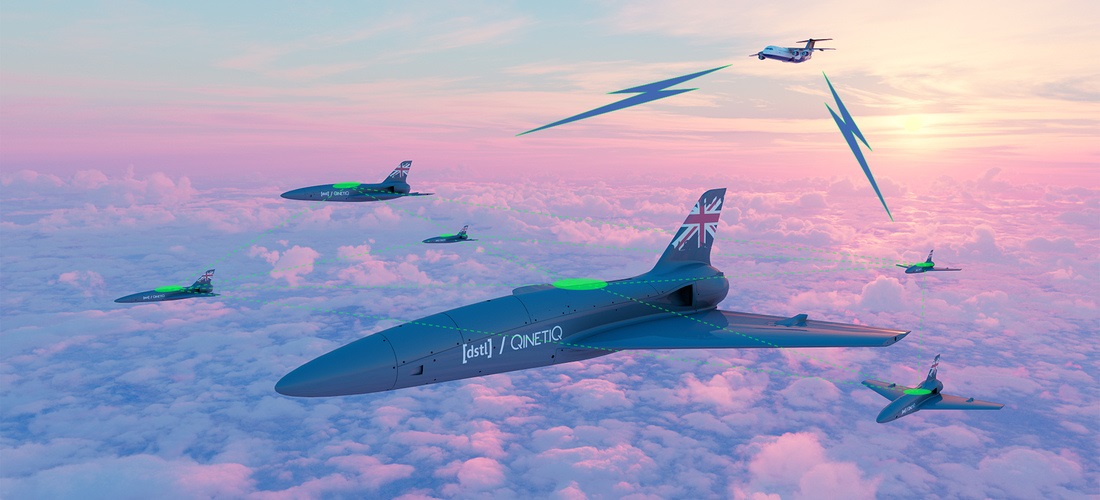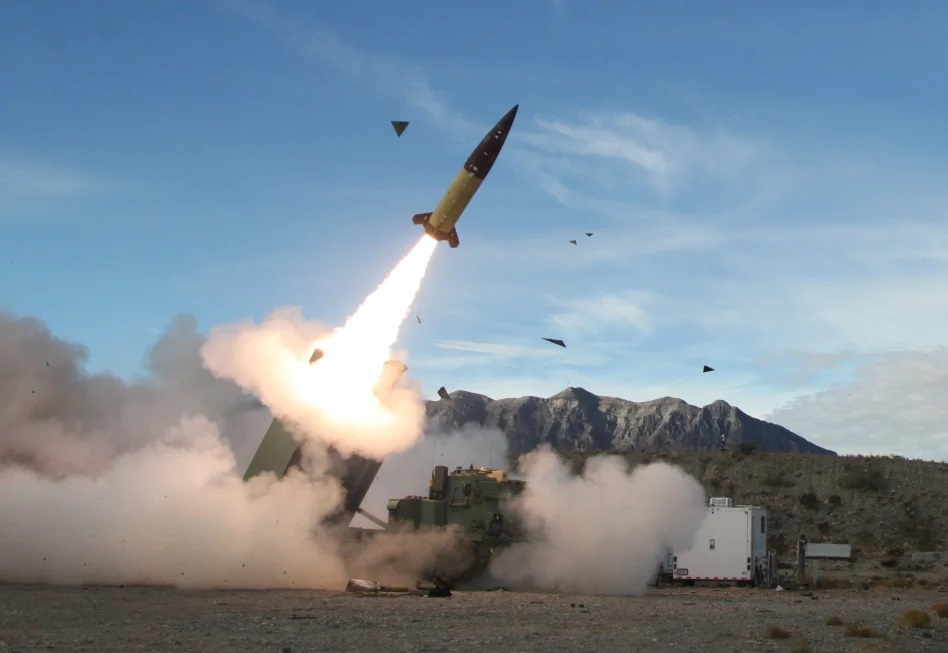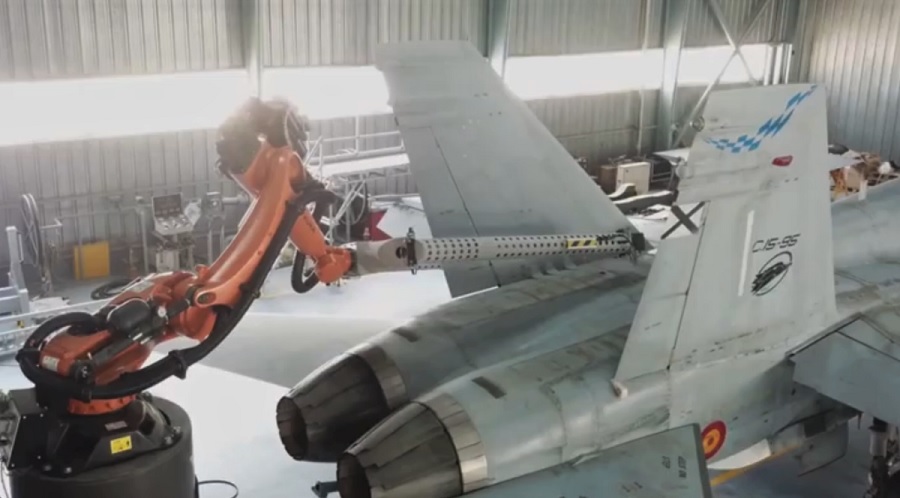“Germany is taking on the responsibility. And Germany is taking on a leadership role,” Pistorius said on Wednesday at the Annual Baltic Conference on Defence (ABCD) in the Estonian capital Tallinn.
He also reiterated plans for the stationing of a Bundeswehr brigade in Lithuania. The plans call for 4,000 Bundeswehr men and women, as well as their families, to be permanently stationed in the country, with details to be worked out by the end of the year.
Als erster 🇩🇪Verteidigungsminister hat Minister #Pistorius an der baltischen Sicherheitskonferenz teilgenommen. In seiner Keynote bei der 17. Annual Baltic Conference on Defence #ABCDTallinn2023 betonte er: Auf Deutschland ist Verlass!👇 pic.twitter.com/cS36WKxiJt
— Verteidigungsministerium (@BMVg_Bundeswehr) September 27, 2023
Representatives of the Baltic republics as well as of other NATO countries and Ukraine are taking part in the ABCD.
Pistorius also assured Ukraine of Berlin’s long-term support in its defence against Russian forces. “We will stand by their side for as long as it takes,” he said.
He warned of dire consequences should Russian President Vladimir Putin succeed in his aims. “Putin is using despicable, criminal and inhumane methods,” Pistorius said.
Estonian Defence Minister Hanno Pevkur, meanwhile, called for a significant increase in military aid to Ukraine.
He said that an international donor group, which meets regularly at the US Ramstein airbase in Germany, had so far provided Ukraine with aid worth 0.2% of its total gross domestic product of €47 trillion ($49.5 trillion).
Europe had not by any means done everything it can to guarantee its own security, the minister said.
Earlier, Estonian Prime Minister Kaja Kallas encouraged other NATO states to significantly increase their defence spending, following the example of the Baltic republics.
She pointed to her own country, which will increase this budget item to 3.2% of its gross domestic product (GDP) next year. “And this is something I am also promoting at NATO level,” Kallas told dpa on the sidelines of the conference.
The regional security situation after Russia’s attack on Ukraine was among the topics discussed during the conference.
“Look at 1988 when all NATO allies spent more than 1% of their GDP on defence. And why? Because they considered the danger to be serious. But now the danger is greater than during the Cold War because war has returned to Europe,” Kallas said.
She also made a passionate plea for military service in her country, saying it was the basis of recruitment for the armed forces.
In other European countries military service is not popular, Kallas said. “Here it is the other way around. More people actually volunteer.”
Whole school classes went to the military and stayed together as a group of friends. “You learn a lot. It’s educational. You also gain self-defence skills and everything else you need in life. And also the management skills,” she said.
And: “Young women say to a man who has not been in the military: Is this a real man at all? That’s where we are a bit different from others.”
Estonia also offers full-time soldiers an obvious but unusual incentive to serve: the stated goal is a salary that is 30% above the average wage in a comparable civilian job. However, this leads to a considerable burden on the defence budget.


